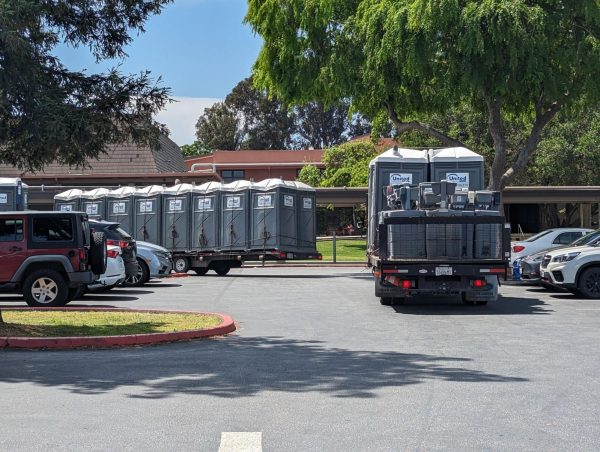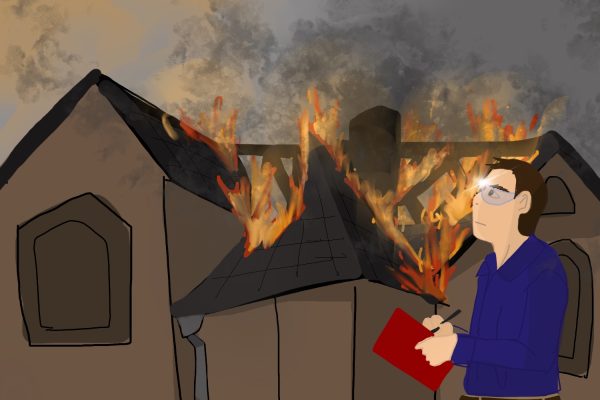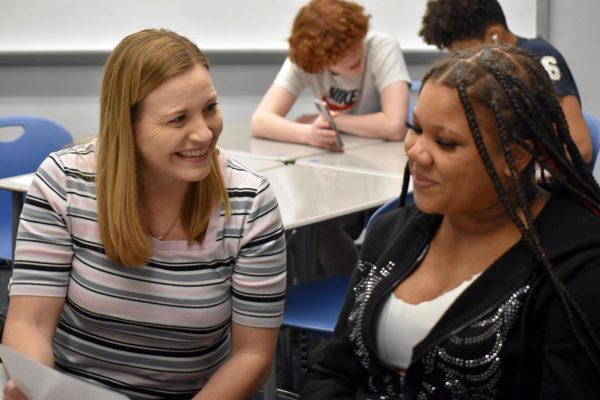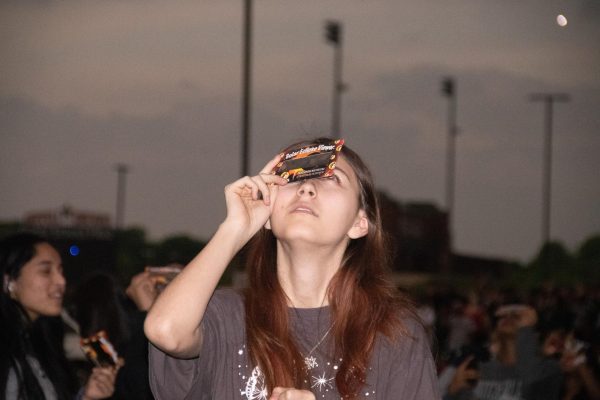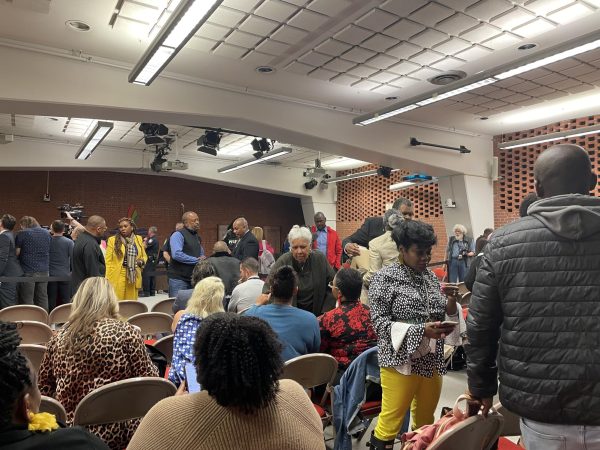District removes 22 books from library collections
April 13, 2022
Due to parents’ requests for library material re-evaluation, the district removed 22 books from school library collections and moved four titles from the middle school to the high school level.
The Prosper Citizen Group Political Action Committee — a political organization that promotes “common-sense accountability in local governance” — submitted over 82 books for review earlier this year. The group said they met with the district to discuss removals on Feb. 9. According to the Prosper Citizen Group PAC Facebook, three books were initially removed around March 15.
“Prosper Citizen Group PAC thanks Prosper Independent School District for removing three of the 82+ books reviewed thus far,” the Prosper Citizen Group PAC said in their Facebook post. “We look forward to the remaining to be reviewed and seeing the outcome of those.”
Collection Development
The book collection development process is guided by district policy.
“We are looking at providing a variety of reading materials for a variety of interests and ability levels,” Director of Curriculum and Instruction Leah Mann said. “Above all, we are looking for library materials that further extend the curriculum and instruction that happens in our classrooms.”
When librarians find materials for school libraries, books must have a minimum of two positive journal reviews for a grade level at that specific school – whether elementary, middle or high school.
“We’re wanting students to love reading, to grow up to become readers – lifelong readers,” Mann said. “But, it’s also about addressing and finding materials that fit within our community standards.”
Books are reviewed through collection development when they no longer have two positive reviews or do not fit in within the instructional goals of the district or community standards.
“There’s an element of subjectivity that just exists in that, period,” Chief of Administrative Services and General Counsel Jeff Crownover said. “It would be impossible, I would say, to sit down in any community ever and write a definition of, ‘Here are our community standards.’ I think it’s just a matter of having the people in place that can have an idea of what’s going on in the community, and they can make their best judgment. We are all humans, and we do the best we can make those calls.”
Mann said that the books are not “banned,” but that they have been removed from the library during the weeding process.
“Banning or censorship would imply that we didn’t even read the books – those 22 books – that they were not reviewed by a team of certified librarians, or central office personnel, or any of that,” Mann said. “They have been removed from the library collection through the weeding process. Some books, they are still district, they were just bumped up to the next level.”
Pervasive Vulgarity
The removal of books from the district’s collections hinges on their classification as “pervasively vulgar” – a term coined by the Supreme Court in 1982 during the Island Trees School District v. Pico case.
“Governmental entities, school districts, can not just, because somebody who works for the school district or board member doesn’t like it, you can’t just remove that book,” Crownover said. “The flip side of it is, unless it is, the court said, ‘pervasively vulgar.’ That’s kind of the balancing act school districts are always going through. We can’t pull something just because we think it’s inappropriate, but we could weed something out if we think it’s vulgar.”
Crownover and Mann said the book removals were strictly based on pervasive and explicit language, drug use, violence or sexual content.
“Two people can read the same book, and one of them is going to think it’s pervasively vulgar, and the other one may not,” Crownover said. “That’s where we have to trust the judgment of the professional librarians and the other people who look at these to make the call on if the vulgarity in here is pervasive.”
Student Response
Jenna Hutt, the Future Ready Designer in the Nest, said she has not heard from parents or students regarding collection development.
“It (the increase in collection development concerns) has added pressure (to her job) for sure, but admin support helps,” Hutt said. “We’re just trying to do the best we can. We want to support all of our students’ varied interests and provide different stories that resonate.”
When provided with the book list, senior and Book Club President Baylie Bishop said that she believes there is “no sheltering our children” with the presence of social media.
“With social media, it doesn’t work that way,” Bishop said. “If you’re so upset over what a book says because you believe it will mess with your child’s brain, you raised your child wrong. Your child should be able to form their own opinions based on the knowledge they have gained – uninfluenced by others.”
Senior Eva Camangian also said she believes the removal is unnecessary.
“We are already highly exposed to these kinds of topics, and it’s unnecessary to inhibit our abilities to read about it,” Camangian said. “It’s important for high schoolers to be aware of the topics mentioned in these books.”
Crownover said that the district leans more toward leaving a book in the collection.
“We’re not quick to weed books, but in the instance of these 22, it (pervasive vulgarity) was throughout that book,” Crownover said. “We just have to make the best decision in the best interest of all students – and that’s not always going to make everybody happy.”
This story was originally published on Eagle Nation Online on April 7, 2022.



























![IN THE SPOTLIGHT: Junior Zalie Mann performs “I Love to Cry at Weddings,” an ensemble piece from the fall musical Sweet Charity, to prospective students during the Fine Arts Showcase on Wednesday, Nov. 8. The showcase is a compilation of performances and demonstrations from each fine arts strand offered at McCallum. This show is put on so that prospective students can see if they are interested in joining an academy or major.
Sweet Charity originally ran the weekends of Sept. 28 and Oct. 8, but made a comeback for the Fine Arts Showcase.
“[Being at the front in the spotlight] is my favorite part of the whole dance, so I was super happy to be on stage performing and smiling at the audience,” Mann said.
Mann performed in both the musical theatre performance and dance excerpt “Ethereal,” a contemporary piece choreographed by the new dance director Terrance Carson, in the showcase. With also being a dance ambassador, Mann got to talk about what MAC dance is, her experience and answer any questions the aspiring arts majors and their parents may have.
Caption by Maya Tackett.](https://bestofsno.com/wp-content/uploads/2024/02/53321803427_47cd17fe70_o-1-1200x800.jpg)
![SPREADING THE JOY: Sophomore Chim Becker poses with sophomores Cozbi Sims and Lou Davidson while manning a table at the Hispanic Heritage treat day during lunch of Sept 28. Becker is a part of the students of color alliance, who put together the activity to raise money for their club.
“It [the stand] was really fun because McCallum has a lot of latino kids,” Becker said. “And I think it was nice that I could share the stuff that I usually just have at home with people who have never tried it before.”
Becker recognizes the importance of celebrating Hispanic heritage at Mac.
“I think its important to celebrate,” Becker said. “Because our culture is awesome and super cool, and everybody should be able to learn about other cultures of the world.”
Caption by JoJo Barnard.](https://bestofsno.com/wp-content/uploads/2024/01/53221601352_4127a81c41_o-1200x675.jpg)




